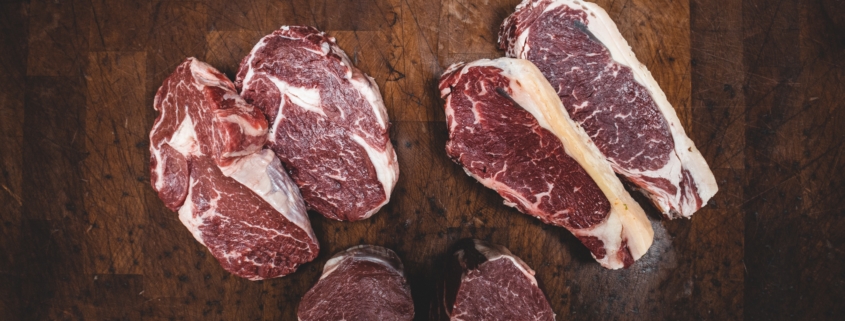Ethical Meat Standards Need to Be about More than Just the Animals
Most discussions around the ethics of meat center on the animal—raising, processing, carbon footprints, and packaging—while so often neglecting the people behind that process. Even Whole Foods’ widely popular quality meat standards focus on everything but the farmer and the workers.
If we are to reimagine the way we eat meat, and do so in a way that’s truly humane, we must apply ethical standards to all aspects of food production and acknowledge what is required to meet them.
The People
As COVID-19 laid bare, inhumane conditions in large meatpacking plants extend to employees. Forced to stand elbow to elbow in a pandemic, line workers fell ill in record numbers. Sick workers without benefits had to choose between infecting their colleagues or forfeiting their already low pay. Plants shut down one after another, halting the food production that people relied on, while leaving both sick and healthy workers without the means to survive. Meanwhile, big meat companies looked to replace jobs with automation, rather than address animal and employee abuse.

